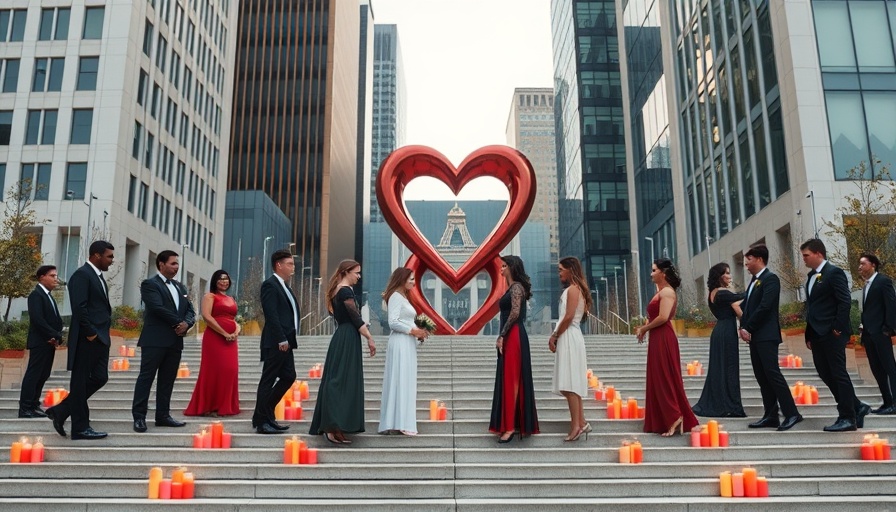
Leaders Unite for Peace: A Strong Call for Ceasefire
In a bold and unified front, leaders from France, the United Kingdom, Germany, and Poland are rallying to pressure Russian President Vladimir Putin to accept an unconditional 30-day ceasefire in Ukraine. This initiative, which marks a significant step towards reestablishing peace, has also garnered support from U.S. President Donald Trump. The urgency of the situation reflects a growing consensus among Western nations that decisive action is required to avert further escalation of the conflict.
Background: The Current State of Affairs
In the backdrop of this call for peace, it is crucial to understand the events that have unfolded since the onset of the conflict. A recent unilateral ceasefire by Russia for the 80th anniversary of Victory Day has been marred by accusations from Ukraine of ongoing violations. This has led to increased skepticism regarding Russia's commitment to genuine peace talks, as Ukrainian President Zelensky emphasized the need for a ceasefire without preconditions.
Future Predictions: Consequences of Non-compliance
If Putin refuses to accept this latest ceasefire proposal, it could lead to a tightening of sanctions from the EU and the U.S., complicating an already critical humanitarian situation in Ukraine. Experts believe that the pressure on Russia may escalate, reinforcing international coalitions against any non-compliant behavior. Continual violations may also fuel public sentiment against the Russian government both domestically and abroad, potentially leading to unforeseen political ramifications.
Counterarguments: Exploring Diverse Perspectives
While the call for a ceasefire is met with international support, there are voices within Russia advocating for a hardline stance. Detractors argue that accepting a ceasefire without favorable terms would be seen as a sign of weakness, potentially inciting dissent among Russian nationalists. Thus, the complexity of political narratives on both sides reveals the multifaceted nature of achieving a resolution.
Practical Insights: What Can Be Done
For peace advocates, understanding the nuances of diplomatic negotiations is paramount. Efforts to promote dialogue and mutual agreement should focus on transparency and trust-building measures. Engaging civil society in Ukraine and Russia may also foster grassroots movements that encourage dialogue, ensuring that the voices of those most affected by the conflict are heard.
Conclusion: The Road Ahead
The pressure is mounting for a ceasefire as the international community stands unified in its call for peace. As the situation unfolds, ongoing dialogue will be key in mitigating further escalation. For those following the developments closely, staying informed and advocating for peaceful resolutions can contribute to a future where diplomacy prevails over conflict.
 Add Row
Add Row  Add
Add 




 Add Row
Add Row  Add
Add 

Write A Comment